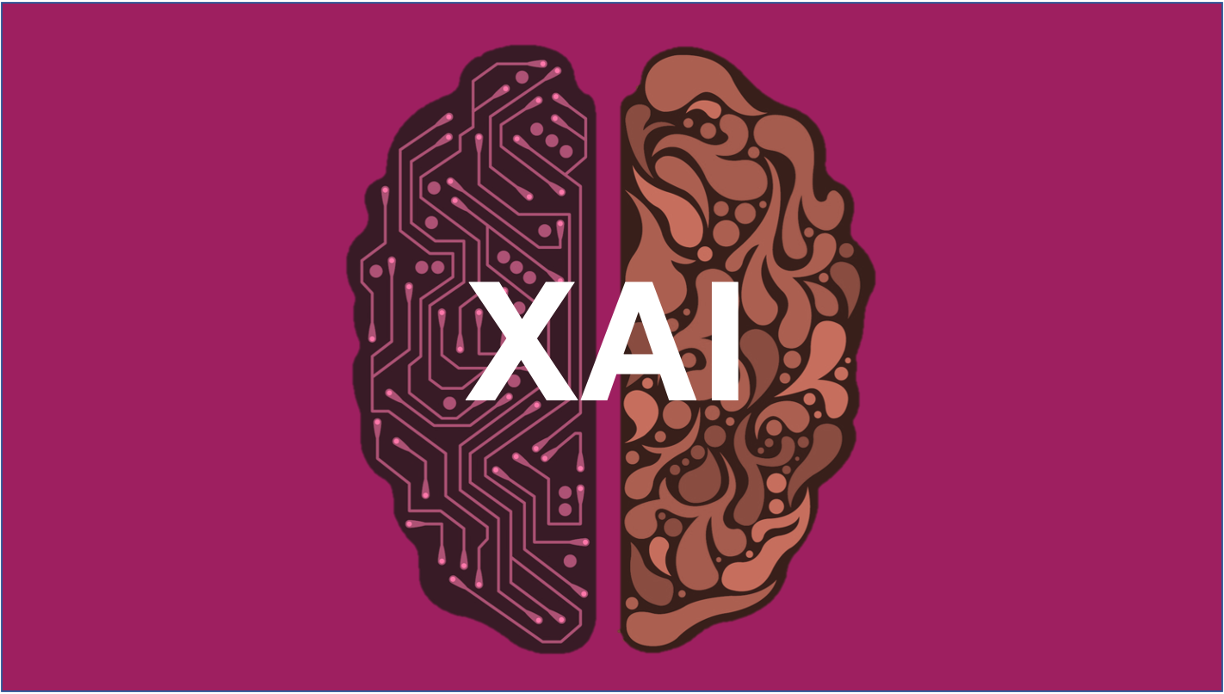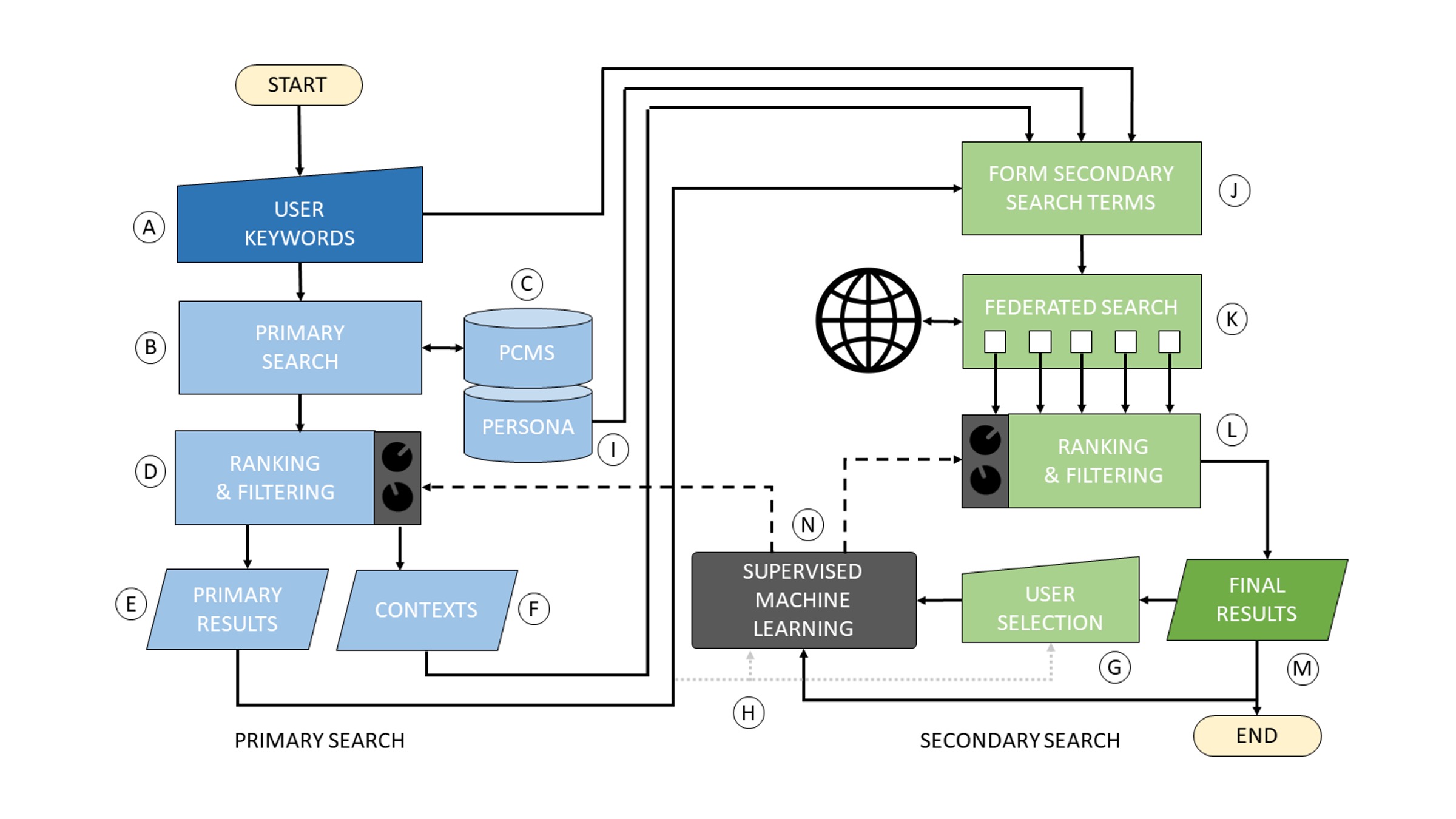
The company behind Kin (Better Internet Search Ltd) was established in 2019, but the ideas behind the AI algorithms being developed for Kin predate this. Founder, Dr Gordon Povey, filed a patent in 2017 with a concept including the use of two machine learning training loops to improve the relevance and ranking of search results. This patent has now been granted and Kin has the exclusive rights to this technology.

Diagram from the granted patent showing the two stage ML training.
Of course, there has been a media buzz around AI lately, largely catalysed by ChatGPT, and according to much of the hype this will ‘revolutionise search’. However, the evidence suggests that the current Generative Pre-trained Transformers (GPT) based on Large Language Models (LLM) are both prone to inaccuracies and biases. In short you cannot trust them to tell you the truth!
So how can Kin’s AI improve on current models and build on our patent. We are adopting a similar approach to that used for our first-generation search ranking algorithms. We did not build our search discovery from scratch (we use pre-existing indexes of web data) but we improved the relevance and bias by filtering and re-ranking. Similarly, we apply existing pre-trained LLM to the problem of generating search results since we can uniquely apply community-based training to further improve and balance (or un-bias) the sets of search results.
Being a community-based platform Kin is well positioned to harness the ‘power of us’ for the training of eXplainable AI (XAI) algorithms. Note that XAI means we understand and can explain what our AI algorithms are doing as opposed to potentially dangerous black-box algorithms where they are not understood and may have unexpected or extreme outcomes. Our new XAI algorithms project is called HITLIST (Human-In-The-Loop Internet Search Training) and we hope to have the first implementation during 2024. This community-based model will reward training contributors in the form of Kin tokens.
We are delighted to announce that we have agreed a partnership with Scotcoin. Scotcoin is Scotland’s only cryptocurrency and holders of ‘SCOT’ coins can now use them to purchase our KIN-MPC tokens. In addition, new sign-ups to both platforms (the Kin search engine and Scotcoin’s Scotscan.io) will soon be able to receive a bonus of […]
Is your default search engine Google or Kin? Setting the default search engine on your browser determines who your search provider is. If you want to change to an alternative search engine, you need to adjust this default setting. So, are you just accepting the initial default set by your browser (typically this is […]




